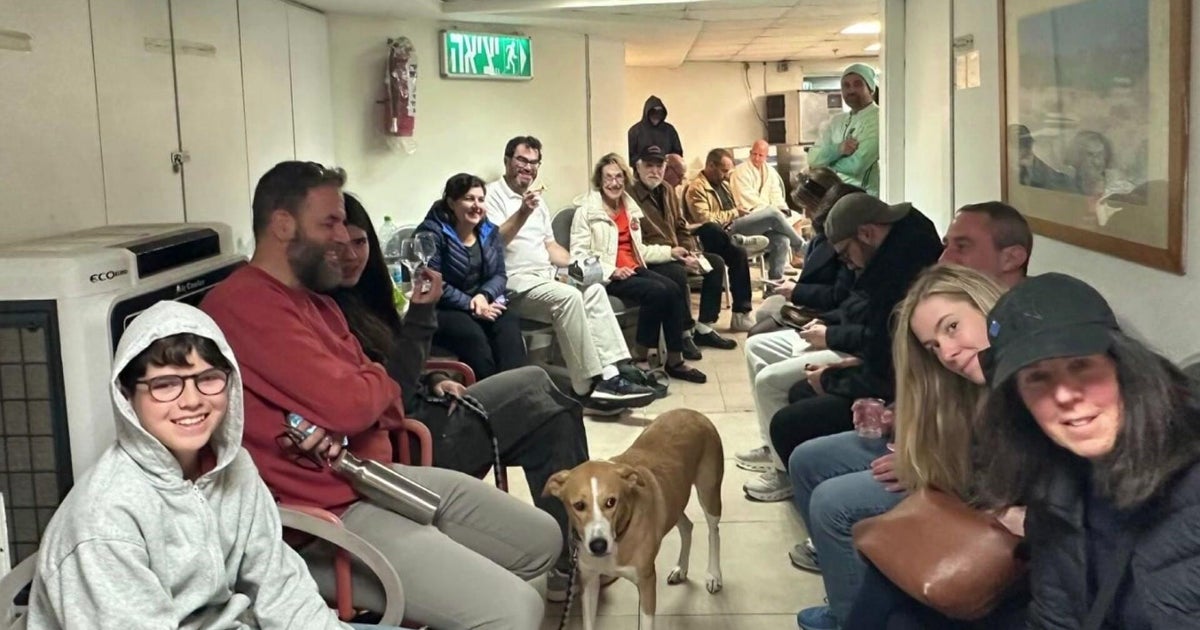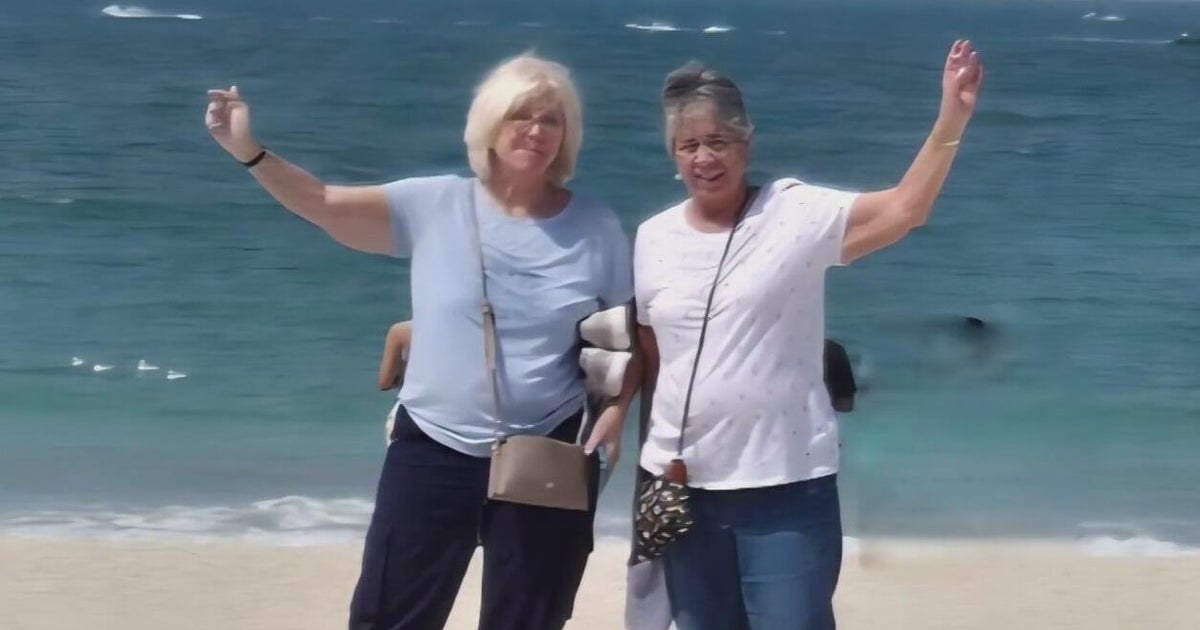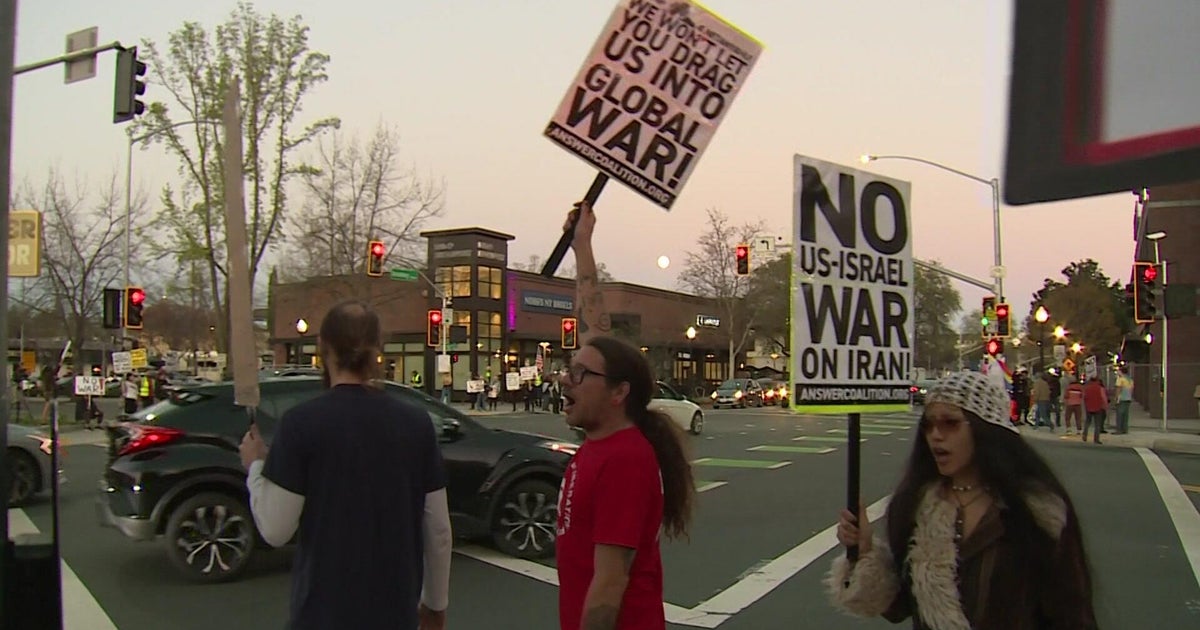Rosie the Riveter "roll call" honors surviving women who served on WWII homefront
RICHMOND -- Richmond is home to the Rosie the Riveter WWII Homefront National Historical Park. On Saturday, a special ceremony was held to honor a group of "Rosies" who served during that war.
One by one, they entered the auditorium, eight in all -- women who are a living connection to the 1940s when the entire nation was behind the war effort.
"Before a gun can fire, a tank can roll, a ship can float, thousands upon thousands of men and women must work to get them ready!" a narrator's voice boomed from a newsreel playing in the Rosie the Riveter park museum.
The so-called Rosie Roll Call at Richmond's Rosie the Riveter Visitor Center featured women, now in their nineties and beyond, who answered Uncle Sam's call for homefront workers.
It has been more than 80 years since Vita Fota was a young woman sewing shirts for the Navy and greeting troop trains but she said it feels like only yesterday.
"I can picture myself all over again, meeting the trains and sewing all day long," she said. "Oh yeah. I still think about it."
It's something none of them will ever forget -- when America was forced give up the limitations it had put on its women. As a result, the women themselves found a strength and confidence some didn't even know they had.
"It strengthened my backbone," said Marian Souza, who worked as a scaler, checking welds on ships under construction. "I became a stronger, mentally a stronger woman knowing that we could do these things."
Elizabeth Tate learned to be a machinist and street car operator.
"It showed that, if I want to, I can do anything I want to do," she said. "Just put your mind on what you're doing. It happens a lot in life."
When the war ended, there was an attempt to send women back to their traditional roles but that ship had sailed. There was no going back for them.
"Everybody was asked to come in and help with the war effort and, when they did, they didn't want to go home," said Sarah Pritchard, executive director of the Rosie the Riveter Trust. "They didn't want to go back to being housewives. They didn't want to go back to being cleaners or nannies. So, that was really, I think, the start of what changed our history in the workplace."
It is a history that echoes still today, not just for women but for people of color. Willa Mae Thomas is a former Rosie who, these days, inspires young Black students with her tales of the Richmond shipyard.
"I tell them all the time: 'One of these days you'll read about it -- when you're at Harvard.' It makes them feel good," she said with a smile.
In this time of great division, it can be difficult to imagine the country so united but Will Mae says a common purpose is needed as much now as it was back then.
"We had to work together and keep this country and, now, it's more than ever," she said. "We've got to keep this democracy going. We have to remember how that was then because I remember how it was. It was a scary time but we've got to know that it's going to be alright."
The women who gathered in Richmond on this day have achieved more than they had ever imagined all those decades ago and those achievements opened doors for generations to come.







